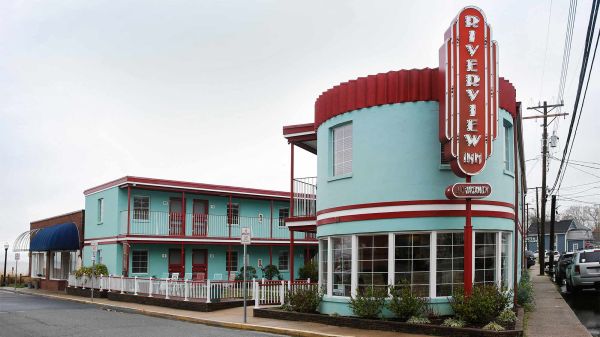Resilience Adaptation Feasibility Tool

Photo credit: Amanda Maglione @amandamaglionephoto
The Resilience Adaptation Feasibility Tool, or RAFT, is an approach to climate resilience that was conceived and developed by UVA’s Institute for Engagement and Negotiation, the Virginia Coastal Policy Center at William & Mary Law School, and Old Dominion University’s Virginia Sea Grant Resilience Program.
The RAFT leverages the expertise and resources of these academic partners to assist coastal localities that want to reduce their vulnerability to natural disasters. Its collaborative model helps these coastal towns to adopt policies and programs that improve resilience while also strengthening the social fabric that keeps their communities healthy.
UVAToday's article, "A Life Raft for Coastal Communities," shows how regional coastal communities like Virginia's Eastern Shore and the Middle Peninsula use RAFT to reduce their vulnerability to natural disasters and strengthen their social and economic fabric.
RAFT's collaborative, community-driven approach provides a model and inspiration for communities beyond Virginia, as well as tools and supports for Virginia's coastal communities. Detailed scorecards, opportunity lists and community checklists and other resources provide a detailed view into the tool and how it's structured.
As it has evolved, the RAFT has broaden its scope from addressing storm hazards such as frequent flooding and sea level rise, to a focus on deep-seated economic and social challenges.



